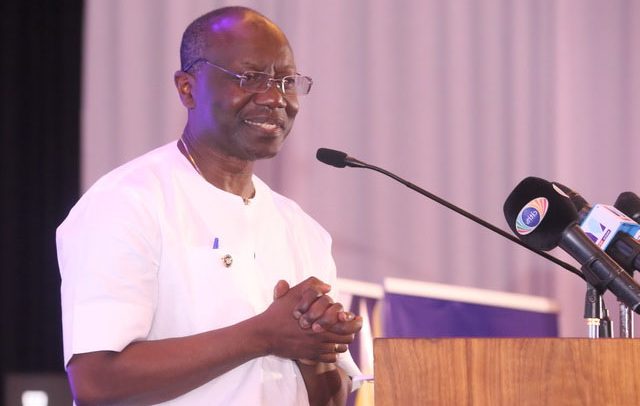Ken Ofori-Atta
Ghana is poised to receive the first tranche of a $3 billion loan from the International Monetary Fund (IMF) as it battles to repair its battered economy.
Ghana hopes to secure approval for a previously agreed package of $600 million, with disbursement likely by next week, according to Mohammed Amin Adam, a Minister of State in the Ghana’s Finance Ministry.
He told Reuters that “We expect a deal on Wednesday. With the disbursement, there is going to be $600 million as a first tranche just immediately after the approval,” Adam said by phone, adding that Ghana hoped to receive the funds within a week of the board’s decision.
According to the minister, a further $600 million is set to be released following a successful first review, with the remaining $1.8 billion distributed in equal instalments after semi-annual assessments.
He explained that the funds will help Ghana work towards the goal of holding three months’ worth of imports in foreign reserves by 2026.
The Minister expected negotiations with both sets of creditors to go well once the IMF signs off on the loan.
“Confidence is going to be restored and we expect that stakeholders will cooperate and will be encouraged to negotiate favourable terms with us,” he said, adding that the date for talks had not yet been set for either group.
Adam said the government was far along in talks with the World Bank to provide additional support of $900 million to be disbursed in three equal instalments of $300 million over three years.
“We are far advanced, almost concluding negotiations,” he said
He revealed that the government was also in talks with the African Development Bank for over $100 million for the stability fund.
Like other emerging markets, Ghana is grappling with a debt restructuring after the economic shock of COVID-19 and other political and economic challenges.
Ghana is seeking $3 billion from the Fund to shore up its battered economy. On Friday, IMF Managing Director Kristalina Georgieva said Ghana’s official creditors had provided the necessary financing assurances for the IMF Executive Board to look at signing off on the loan.
By Vincent Kubi


